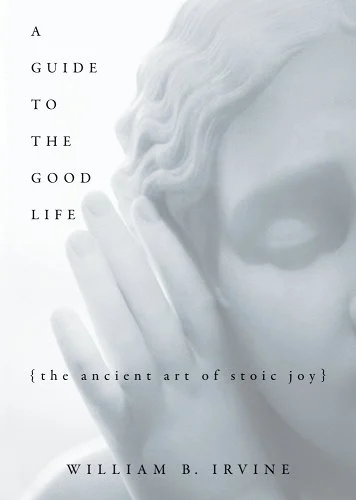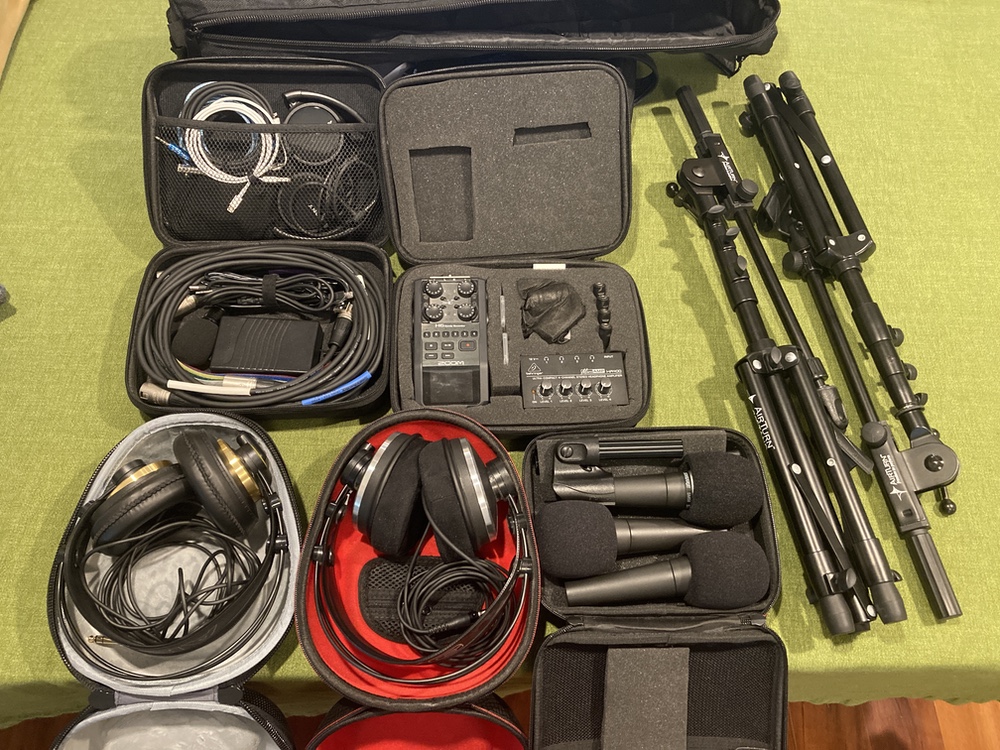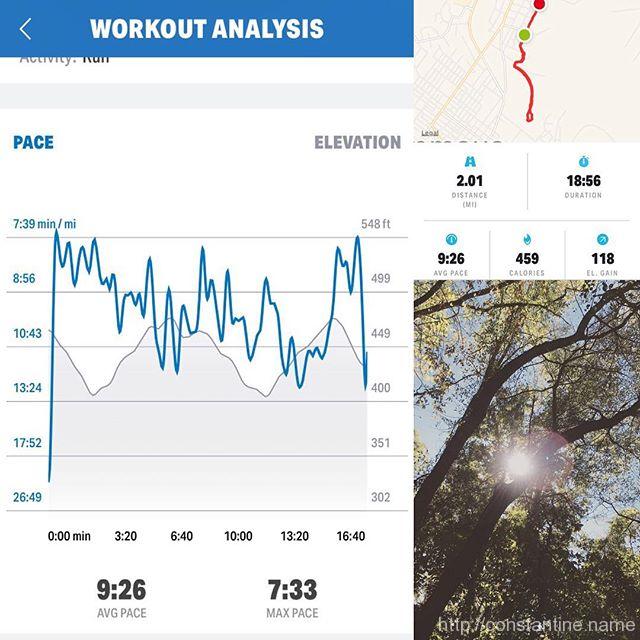My title refers both to my doing of such, and is a suggestion that you should as well. It’s been a long time since I added a post to this beloved series, Changes and Results. But, today just happens to be—meaning I’ve been waiting for many months for this date :) —exactly nine years from my first daily journal entry.
What would you wish to be doing, then, when death finds you? For my part, I would wish it to be something that befits a human being, some beneficient, public-spririted, noble action. But if I cannot be found doing such great things as these I should like at least to be doing that which cannot be impeded and is given me to do, namely, correcting myself, improving the faculty that deals with impressions, toiling to achieve tranquillity, and rendering to the several relationships of life their due; and, if I am so fortunate, advancing to the third area of study, that which deals with the attainment of secure judgements.
~ Epictetus, 4.10.12-3
Each morning I spend significant time in reflection. Without going too deeply into specifics, I don’t get up at precisely the same time, and I do take the occasional day off from my morning reflection. But beginning my day by reflecting—not on my yesterday, nor recent events per se, but generally reflecting on my self—is second in importance to me only to getting a good night’s sleep.
My process is, well, mine. I use software synced across multiple computers and mobile devices and so on… I also have physical books, and journals, and paper and pen… I’ve some 3×5 cards, physical boxes, etc.… The specific “how” is unimportant. You’ll find your own methods. But, simply to give you some ideas, here’s an outline of my morning reflection as of late 2020:
- Reading previous journal entries — I have marks in my journals making it simple for me to open historical entries; Each morning I read my entry (if any) from 9, 6, 3 and 1 year ago.
- Today’s Daily Stoic entry — Stoic with a capital-S, which is not closely related to the English word “stoic.”
- An item prompting specific self-reflection — From a series of self-reflection prompts I’ve accumulated over the years.
- An item of inspiration — These come from a second series of prompts which I’ve developed, and are meant to get me to keep my shit in order. The quote at the top of this post from Epictetus is one of these prompts. They’re not sunny platitudes, but rather they are I’m-not-kidding-around-here-serious prompts to get me focused in what I’ve assessed to be the right direction.
- Reading — I have a stack of books which are specifically Philosophical. Not simply non-fiction, but works by Epictetus, Marcus Aurelius, Stoicism and Philosophy in general. Some mornings I’ll study just one page from one of these books. Some mornings I’ll spend over an hour in this reading.
- Journaling — After thus limbering up my brain and exposing it to that carefully curated collection of ideas, I pick up my pen and open my journal.
Exactly how much time does that take? It varies, but usually hours. This morning, I stopped short to do this writing. I was about 2 hours into this morning’s reflection when I switched to working on this post. Unusually, this morning I have a hard stop for something that has a specific time. (I’ve cleared from my entire life anyone’s ability to interrupt me, summon me, demand my attention, etc..) If you are aghast at this arrangement of my life… If you are thinking, “I could never do that,” I can only say:
How can you afford not to?
ɕ






